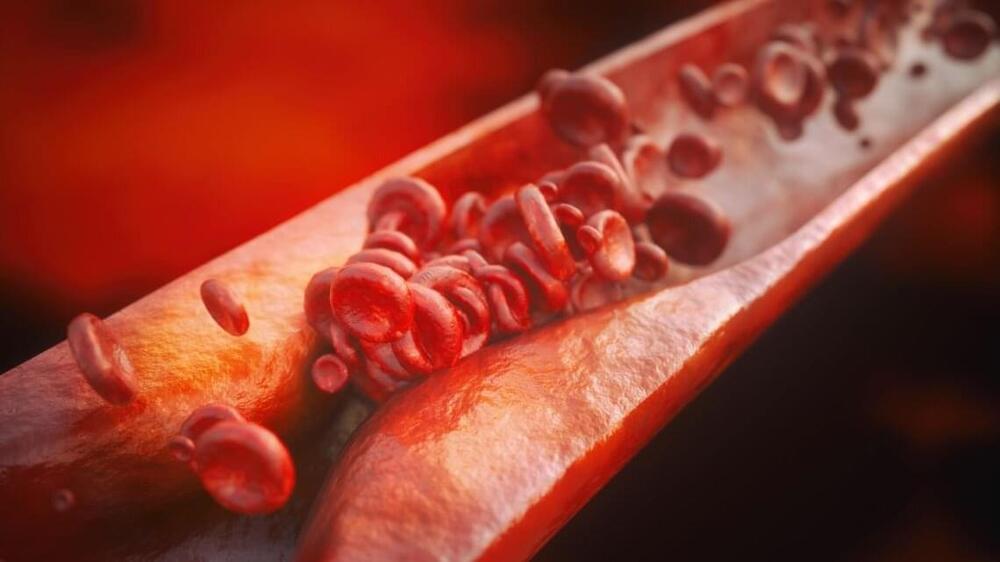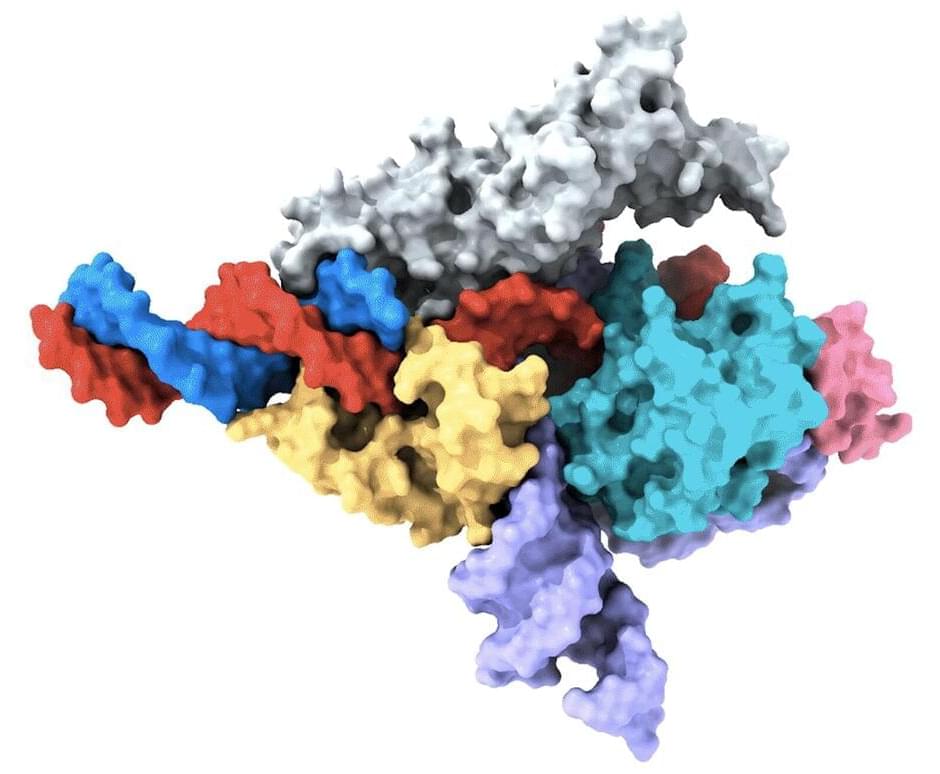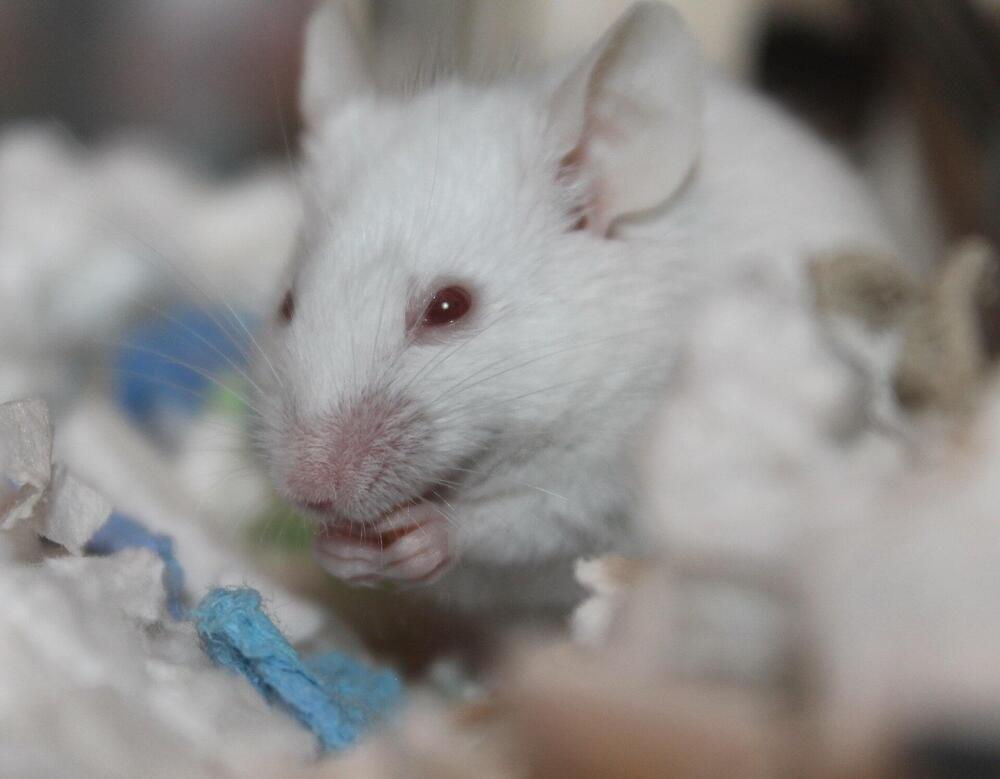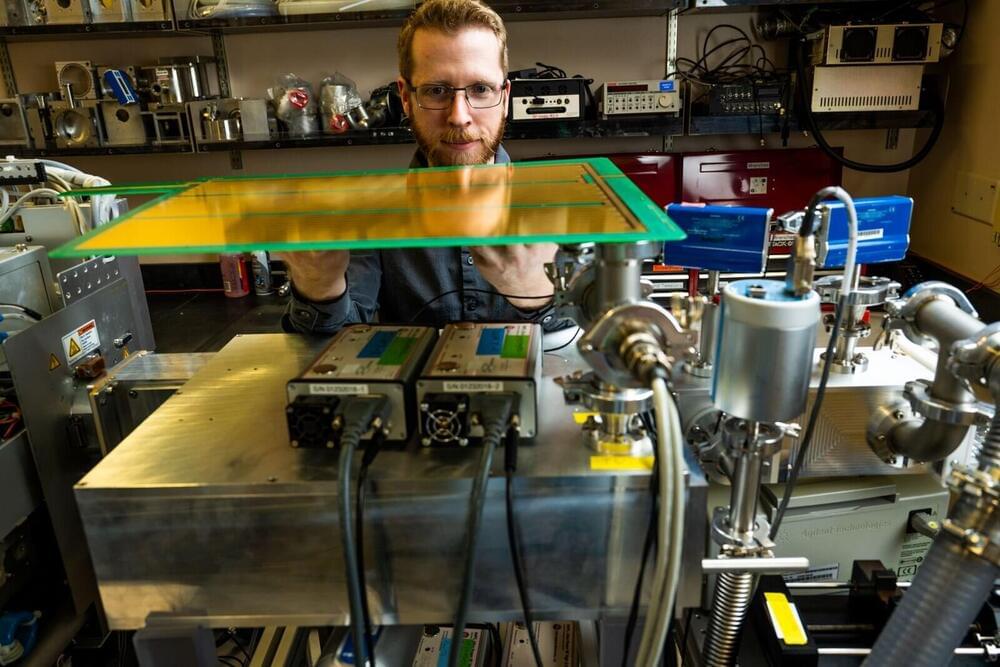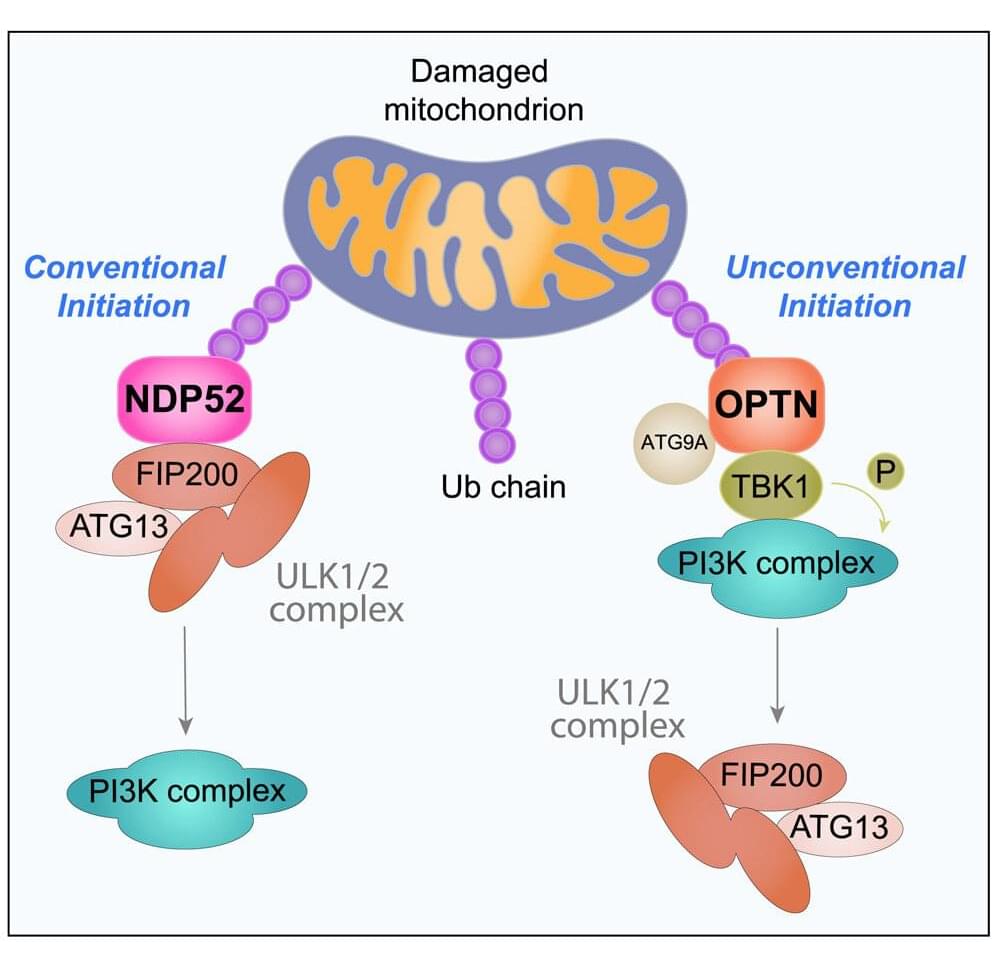Jun 29, 2023
Biocompatible Innovation: MIT’s Soft, Printable, Metal-Free Electrodes for Next-Gen Implants
Posted by Quinn Sena in categories: biotech/medical, computing, neuroscience
A new Jell-O-like material could replace metals as electrical interfaces for pacemakers, cochlear implants, and other electronic implants.
Do an image search for “electronic implants,” and you’ll draw up a wide assortment of devices, from traditional pacemakers and cochlear implants to more futuristic brain and retinal microchips aimed at augmenting vision, treating depression, and restoring mobility.
Some implants are hard and bulky, while others are flexible and thin. But no matter their form and function, nearly all implants incorporate electrodes — small conductive elements that attach directly to target tissues to electrically stimulate muscles and nerves.


